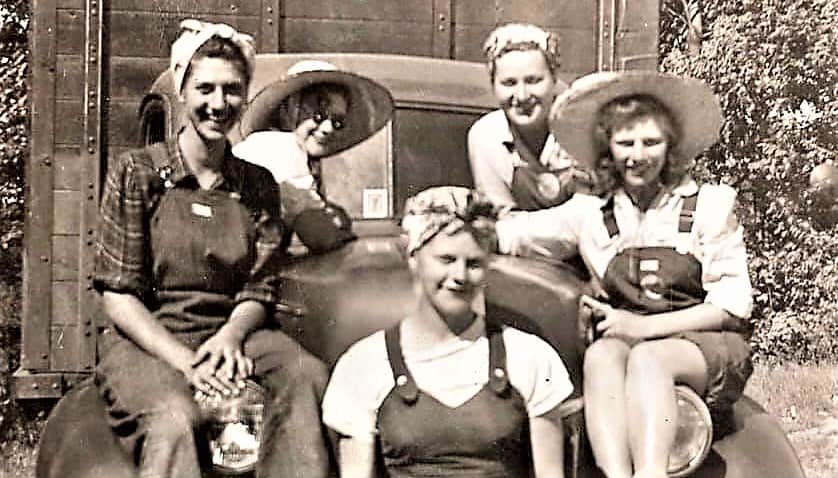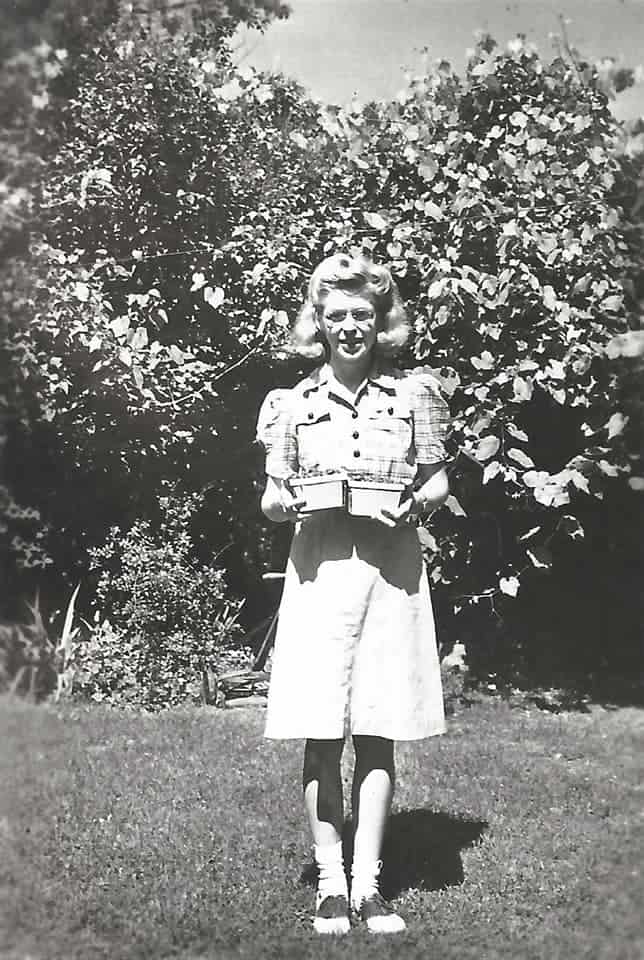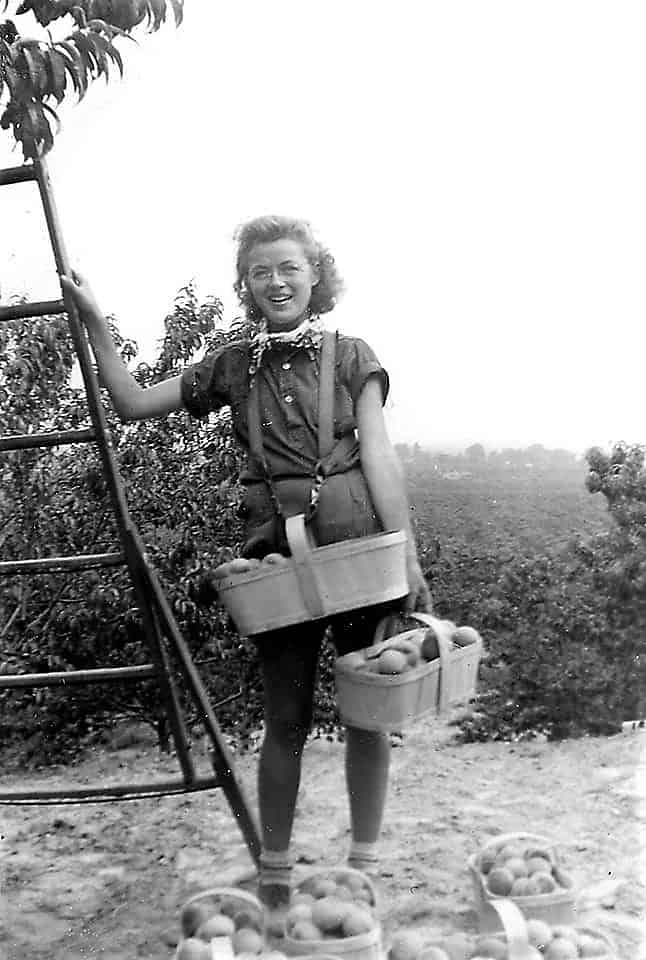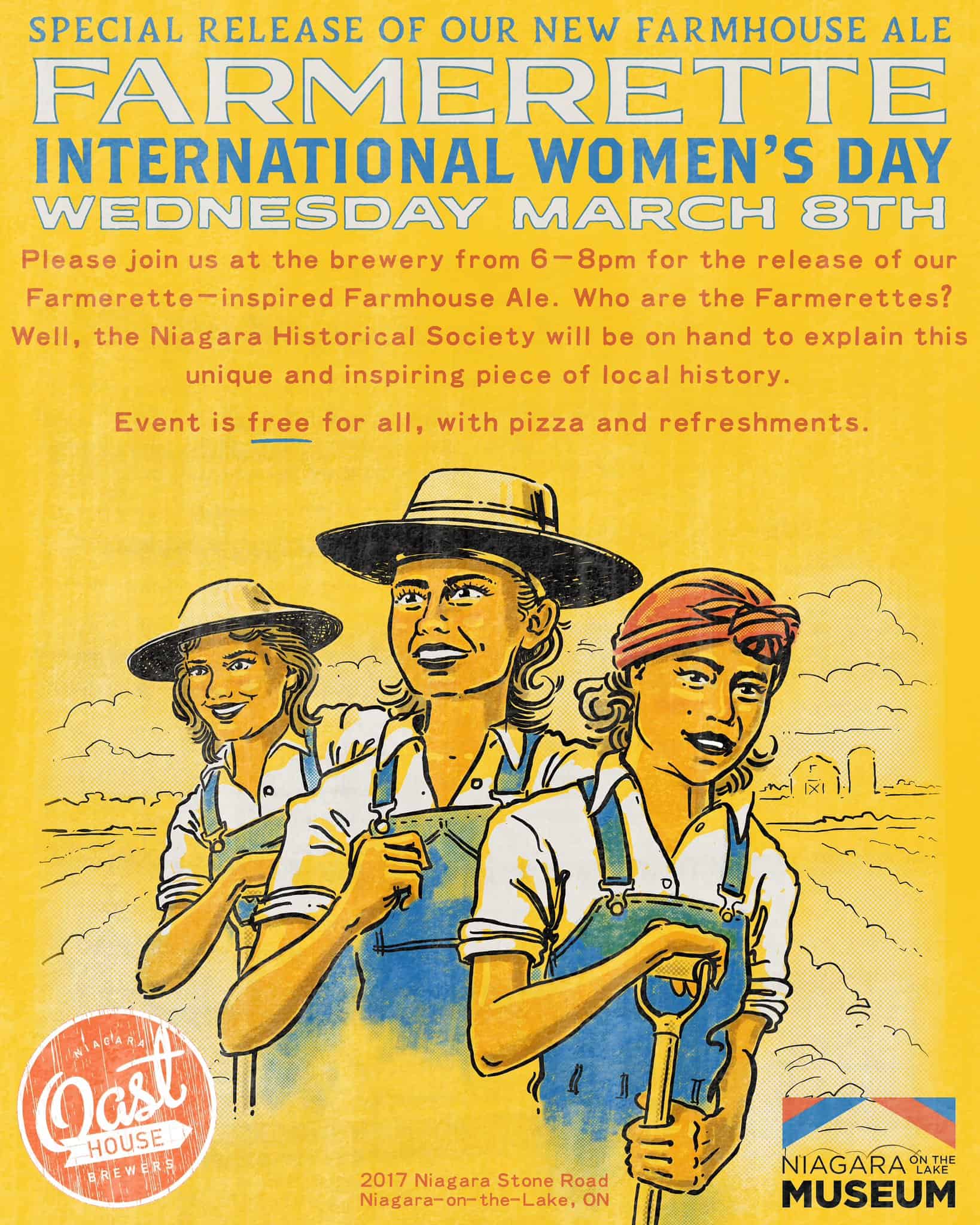Farmerettes to be honoured next week at Niagara-on-the-Lake brewery
Published February 28, 2023 at 11:03 am

The Niagara-on-the-Lake Museum will be remembering a special branch of women who did their part for the home side during the two World Wars at a special presentation next week.
They were officially called the Farm Service Force but they are better remembered by the name they dubbed themselves – the Farmerettes.
As the museum explains, “During the First and Second World Wars, agriculture and food production were essential to Canada’s war effort. With the men off to war, the government and private sector encouraged young women to help the agricultural industry.”
“These women were typically aged 16 and over and they were hired to participate in all aspects of farm work like assisting with the harvesting of fruits and vegetables and canning. These women became known as ‘Farmerettes’.”
The museum will be honouring their memory at a special meeting on International Women’s Day, March 8, at a local brewery, Oast House, from 6 to 8 pm.
For its part, Oast House, which already specializes in this particular beer style, will be releasing their own “Farmerette-Inspired Farmhouse Ale” while Niagara-on-the-Lake Museum staffers will be on hand to explain the importance farmerettes players in the war effort.
“In 1918, there were approximately 2,400 women picking fruit in the Niagara Region. According to a local reporter, Elizabeth Ascher, the farmerettes in Niagara-on-the-Lake helped harvest berry and cherry crops, and they later assisted during peach season,” said the museum.
“The backbreaking labour that these women endured helped Canada supply the Allied forces with much-needed food to assist them in winning the war.”
The museum noted that these young women, who came to Niagara from across the country, were put to work in St. Davids, Queenston, Virgil, and other locals within the township.
“Some of the girls were housed in tents in orchards, while others were placed in high schools and empty motels. In Queenston, the Riverview Hotel was used as a Farmerette Camp which allowed 120 girls, plus staff, to serve the area.”


Here’s two farmerettes helping with the fruit harvest during World War II.
The museum, continued, “For many of these young women, this was their first time away from home. But this job allowed them to earn money of their own and achieve independence. The pay was 25 cents per hour, or they were paid by the number of baskets collected. The girls picked cherries, plums, peaches, tomatoes, and grapes. Those who worked on the farms in St. Davids also worked at the canning factory peeling peaches and pears.”
There is, of course, far more to the farmerettes and their story, which can be heard at the brewery (located at 2017 Niagara Stone Rd) on International Women’s Day next week. The event is free and there will be pizza and refreshments on hand.










